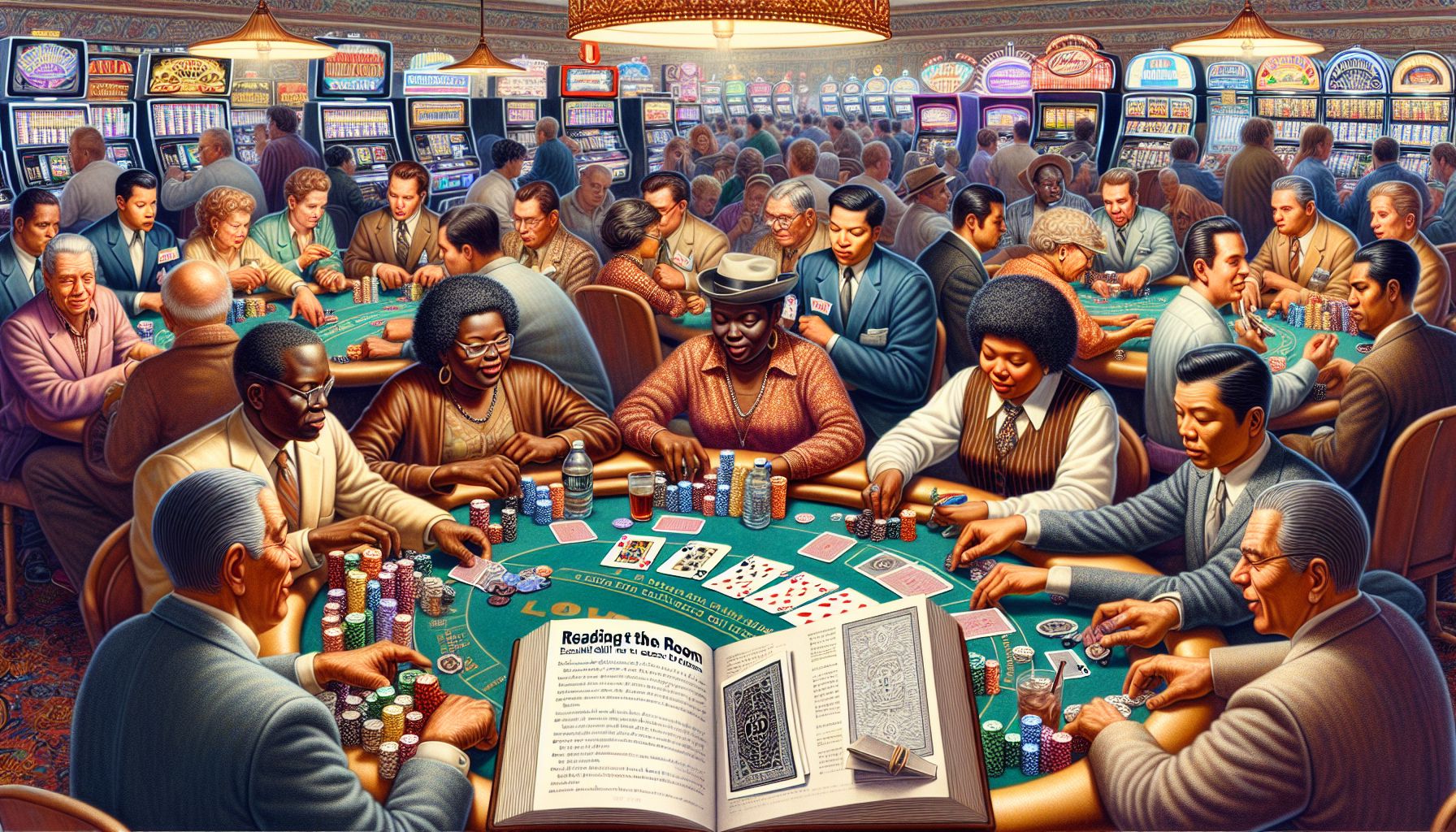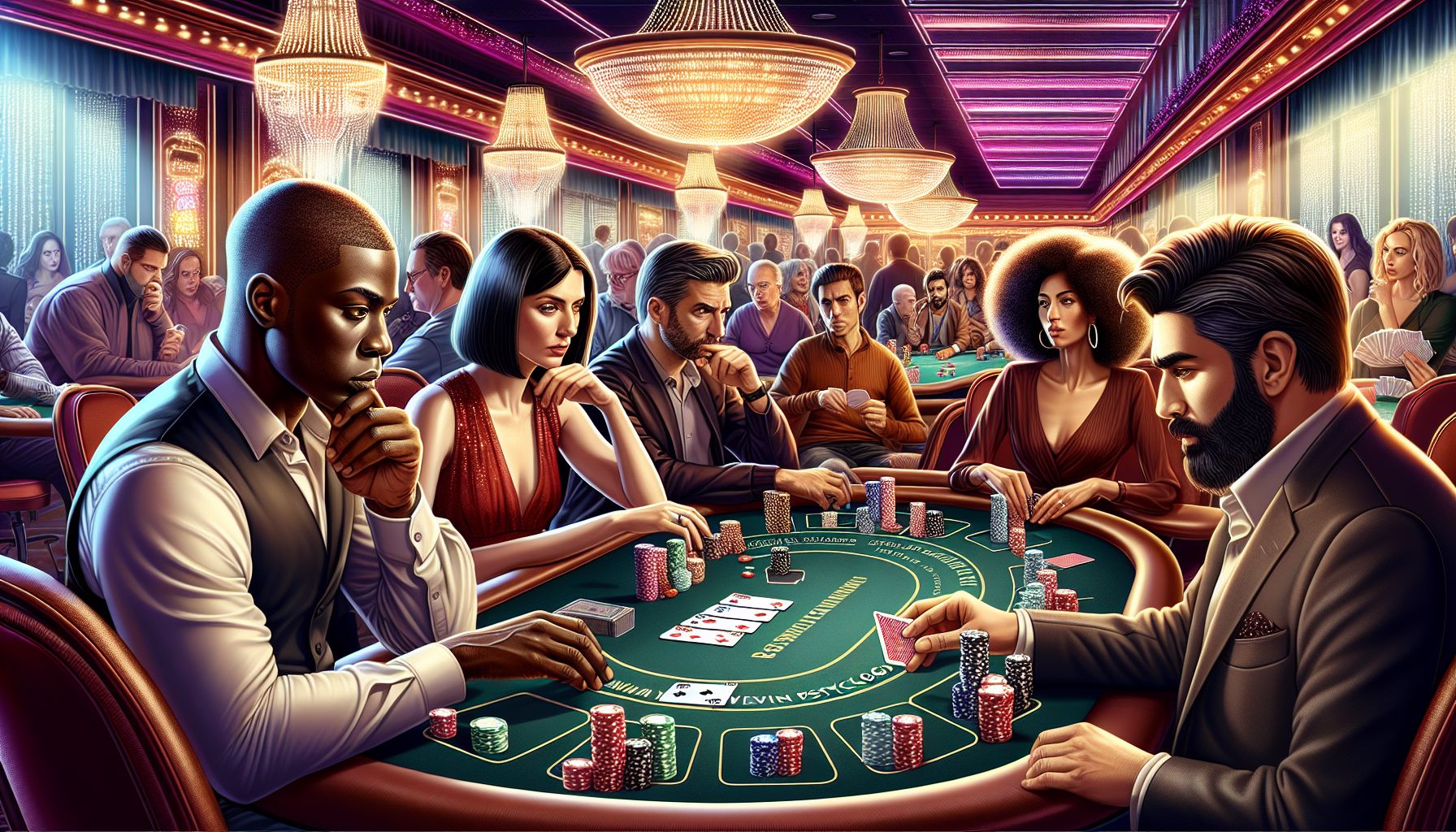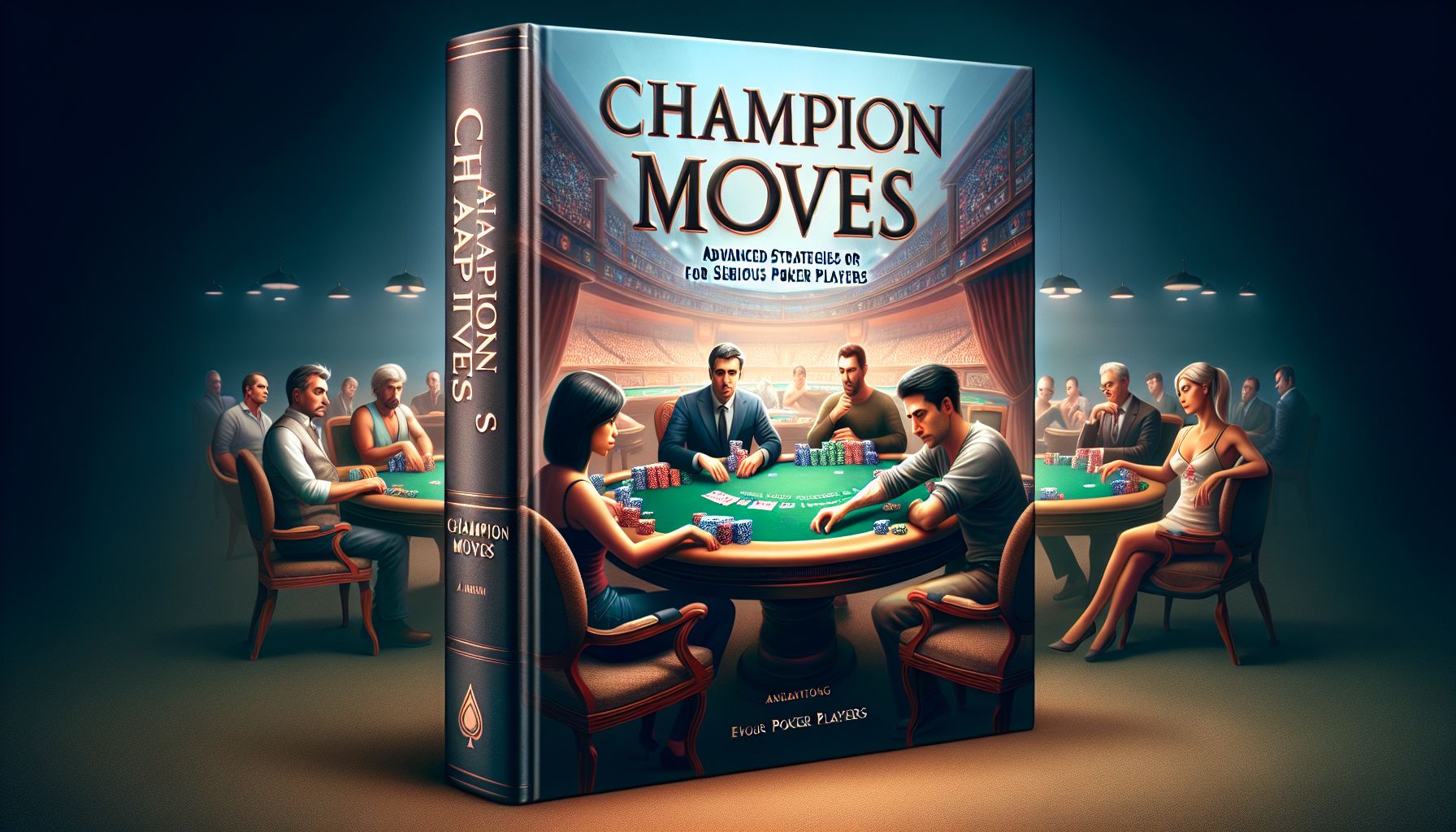As the world of casino poker evolves, mastery of the game continues to extend beyond understanding the fundamental playing strategy. The ability to read the room or the capacity to accurately interpret the interactions, Reading the Room Essential Skills dynamics, and undercurrents within a poker setting, is fundamental to success. This quintessential, yet often underestimated skill, can significantly tip the balance between a novice and an expert poker player. Whether you are stepping onto the casino floor for the first time or an old hand looking to refine your skills, this close reading of the poker room can significantly augment your chance for success.
Introduction: Reading the Room Essential Skills
Poker, arguably more than any other casino game, demands more than just a grasp of the rules and strategies. Psychological factors, intuition, and an ability to assess often subtle, Reading the Room Essential Skills non-verbal cues are influential factors in the game. It’s akin to participating in a complex theatrical performance where the ability to discern the narrative through ‘reading’ and ‘interpreting’ fellow players’ movements and moods can be a game-changer.
This article delves into what it means to ‘read the room’ in a poker context and explores strategies for honing this critical skill. Leveraging this understanding allows players to envisage their opponents’ cards and identify bluffs more accurately while also enhancing their own game performance.
Understanding the Reading the Room Essential Skills
Analyzing non-verbal communication forms an integral part of ‘reading the room.’ How players react when they look at their cards, the way they bet, or even the way they interact with other players and dealers can all provide valuable insights. Even before the dealing begins, it’s crucial to observe your opponents.
Consider factors like how concentrated or relaxed a player appears, as these cues can serve as precursors to the behavioral patterns they may exhibit during the game. By carefully observing non-verbal cues, a player can make informed predictions about opponents’ potential strategies, strengths, and weaknesses.
Identifying Tells Reading the Room Essential Skills
In the poker world, ‘tells’ refer to detectable changes in a player’s behavior or demeanor that may indicate the strength or weakness of their hand. They’re the unconscious tics and signals that participants send during a game. Tells can be verbal or non-verbal; they can be anything from an uncontrollable twitch to a habitual pattern of betting, even something as minute as dilated pupils.
Keep in mind that every individual’s tell can be unique and can also change over time. Continually revising and updating your read on other players is thus as essential as the initial read.
Psychological Tactics and Bluffing
Bluffing is an intricate part of poker, and thorough knowledge about it becomes cardinal in mastering the ‘reading the room’ skill. By observing opponents and understanding psychological tactics, Reading the Room Essential Skills players can learn to read and distinguish between genuine moves and bluffs. Notably, seasoned players may also bluff about their tells, use decoys, or ‘set traps’. Spotting these false tells can be equally beneficial.
Conversely, maintaining an unreadable ‘poker face’ can keep opponents guessing about your cards’ apparent strength. Honing the ability to mask your tells or presenting misleading ones can augment the success rate significantly.
Reading the Cards
While reading players is essential, an equal emphasis should be placed on reading the cards. Analyzing the cards on the table, considering probabilities, and applying mathematical concepts like pot odds can help infer other players’ possible hands.
Assessing why a player makes certain betting decisions, or speculating about cards they might be holding based on their actions, is an important skill to fine-tune. Maintaining a sharp focus on the cards allows a player to make accurate predictions about what could happen next in the game.
Enriching Experience and Trusting Intuition
Experience undoubtedly helps sharpen the skill of reading the room. Regularly playing poker and testing different strategies can enable a player to develop an instinctive sense of the game. Observation skills, combined with learning from past mistakes, can greatly enhance a player’s proficiency in reading a poker room.
Trusting your instincts and intuition also plays a crucial role. While intuition might seem intangible, it is frequently the fusion of experience and the subconscious mind picking up on patterns and information that your conscious mind may have overlooked.
Conclusion
There is no denying there’s element of luck involved in poker, but it’s noteworthy that consistently successful poker players use skills like ‘reading the room.’ Understanding behavioral cues, identifying tells, bluffing techniques, and focusing equally on cards can shift the odds in your favor.
Experience and intuition, alongside a keen observation skill, are vital in bringing all these together in a seamless execution. Remember, poker is not just about how you play your cards, it is as much about how well you can read your opponents.









